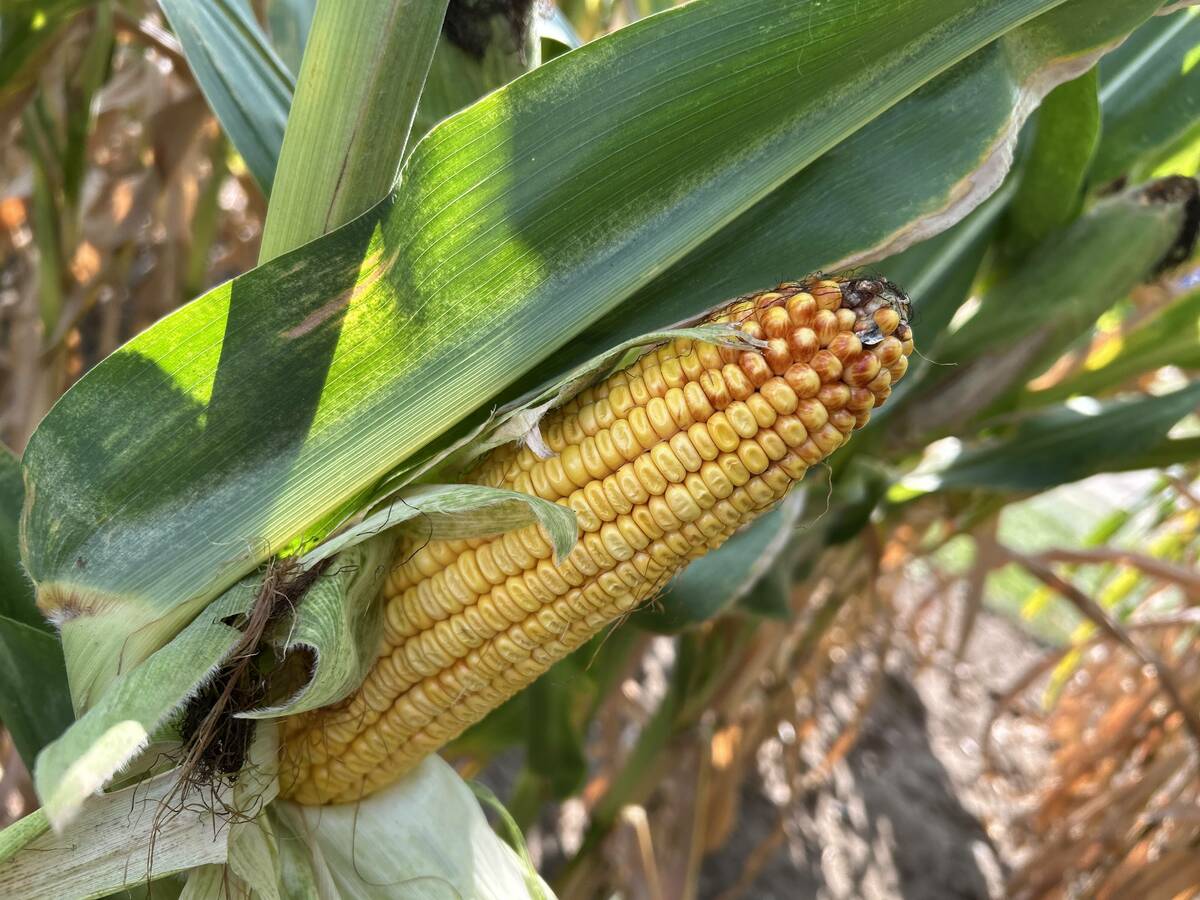Some canola developers have boycotted farmer-supported variety trials, causing the Canola Council of Canada to shut down this year’s trials for all varieties.
It’s a company boycott that has left grower groups outraged and worried about losing public access to head-to-head comparisons of varieties.
“I’m disappointed,” said Ernie Sirski, a Manitoba Canola Growers Association executive member, about the shutdown of the Prairie Canola Variety Trials.
“We’ve always looked at the information. Even if it’s small plot trials, a lot of growers looked at it. We always felt there was good information there.”
Read Also

Crop estimates show mixed results
Model-based estimates used by Statistics Canada showed the 2025/26 crop year has seen increases in canola, corn for grain, oats and lentils production while seeing dips in spring wheat, durum wheat, soybeans and barley in comparison to 2024/25.
The action by some of the biggest seed developers was condemned by the Alberta Canola Producers Commission, the Saskatchewan Canola Development Commission and the MCGA.
SCDA chair Wayne Bacon said farmers don’t want to rely on company-supplied data.
“This data is the most sought-after information by canola growers in developing their annual crop plans,” said Bacon in a joint statement.
“To only have company created data is unacceptable to every single grower that our organizations have ever talked to about this,” said Bacon.
The canola council was quick to say it plans to have variety trials revived in 2011 once the system has been improved to meet variety development companies’ concerns.
“We have deferred them for this year,” said Denise Maurice, the council’s head of agronomy.
For three years, variety developers, farmer groups and the council have been trying to design a new system to give farmers across the Prairies in-field comparisons of various canola varieties in a better form than the current trial system provided.
Many developers had become increasingly unhappy with the nature of the trials, which were done on small plots and involved treating every variety identically.
Some developers felt the trials did not accurately test the characteristics that the varieties were designed to exhibit and were inaccurate, Maurice said.
A system designed for the days of open-pollinated, simply managed canola varieties was having trouble reflecting the potential of newer, specialized varieties.
Almost all developers and grower groups agreed that larger trials were needed to more accurately reveal what varieties could do in commercial production.
A number of small canola variety developers put canola varieties forward for this year’s trials, as did Monsanto.
However, with some of the biggest developers refusing to put their varieties forward, the council decided the testing system would not give farmers a good picture of their commercial seed choices, and therefore should be cancelled.
Trish Jordan, spokesperson for Monsanto, said her company was surprised when the trials were cancelled because Monsanto had submitted its variety 7145 for testing and assumed the system would operate this year.
But she said her company had similar concerns with the small-scale nature of the tests and other issues and hoped a better testing system can be developed for the next growing season.
“It’s probably a really good opportunity to continue the process and the discussions that have been going on between the seed developers and the grower groups and the canola council,” said Jordan.
“Ultimately, our goal is to be able to provide the best data and the most accurate data to growers and we just feel that that’s more achievable if you are doing field-scale trials versus small-scale trials.”















